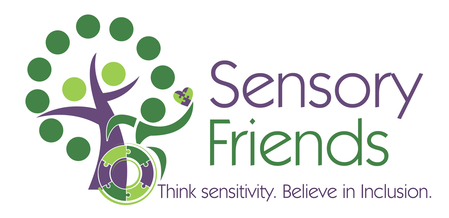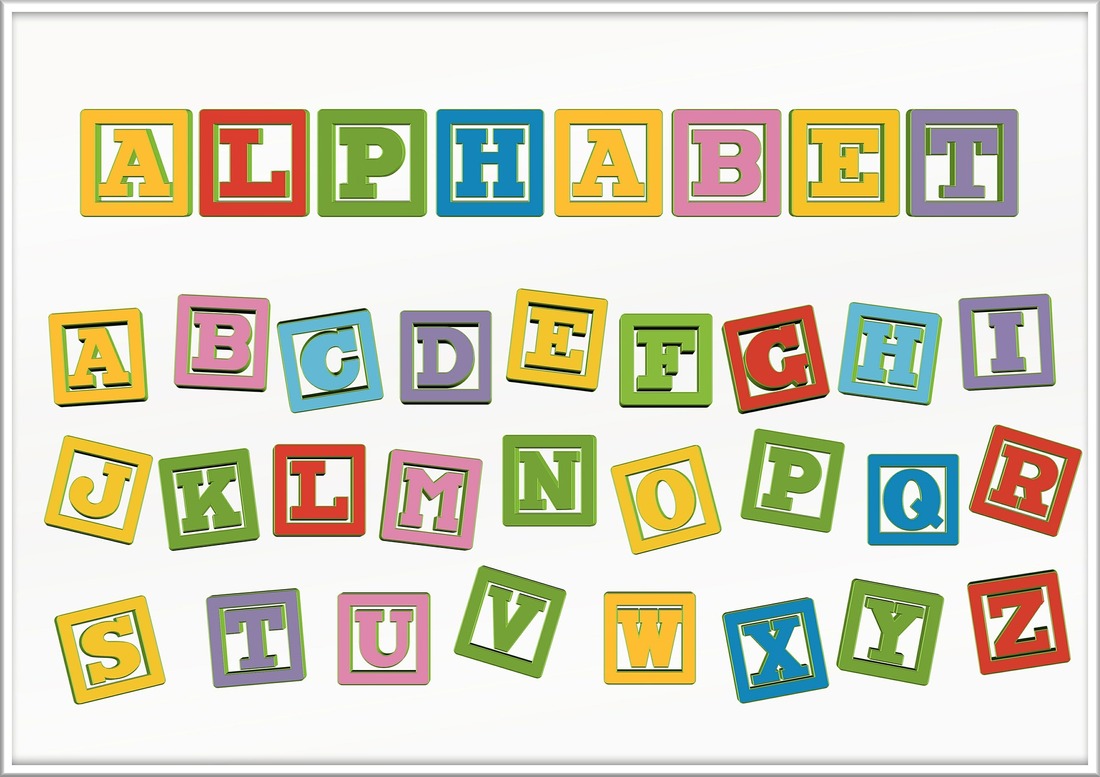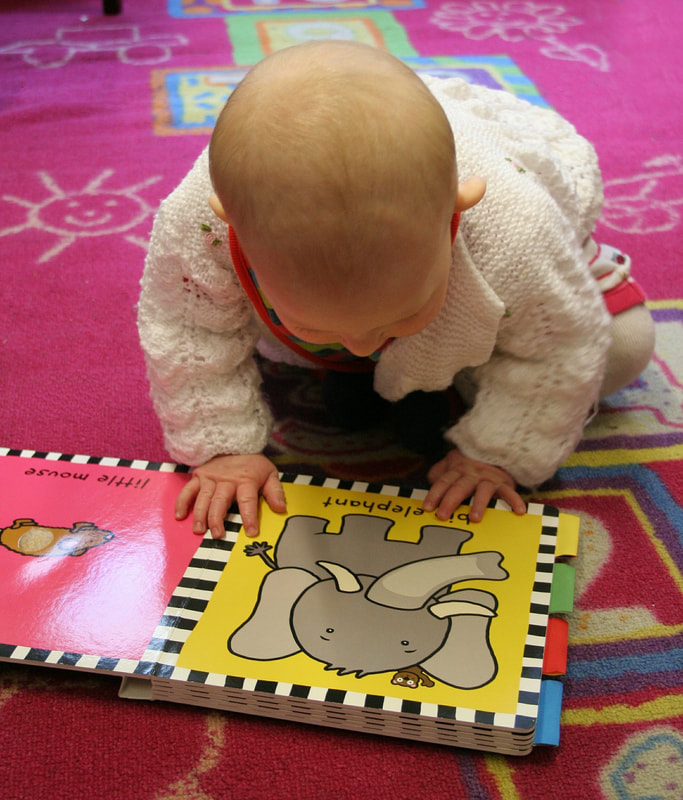Phonics
Phonics: being able to sound out the word, count the syllables of the word (example: but-ter-fly has three syllables), and recognize rhyming sounds or similar sounds (rhyming sounds, for example: hush and crush – are both rhyming words), (similar sounds, for example: this and that – both have the th sound).
- Word Decoding: understanding letter-sounding relationships, letter patterns, and pronunciation of words. Alphabet magnets can be helpful – ask your child to spell out the difficult word with the alphabet magnets. More techniques can be found at: “This Mama Reads.”
- Vocabulary: reading a book filled with words he or she understands. Most children (and adults) learn the meaning of words while using everyday language. Understanding vocabulary is important for listening, reading, speaking, and writing. I taught my daughter a tip I used as a child. I had a small pocket dictionary, and whenever I didn’t know the meaning of a word, I looked it up in my dictionary and highlighted the word. If your child is looking up every other word, then the book may be too advanced for him or her.
- Fluency: reading clearly and with a steady pace. If your child reads a story with long, choppy pauses, or is expressionless while reading aloud or silently, then your child needs more practice, or an easier reading level.
- Comprehension: making the connection between what your child has read with his or her own experiences or knowledge. If your child comprehends a story read, then he or she is able to interpret the story. This means being able to relate to the story, either with a similar experience, or with what he or she already knows.
Start Young and Set the Foundation for Reading
Illustrate Your Love of Reading!
Developing a love for reading takes time. Many children who have issues with comprehension, word identification, decoding or fluency, will become better at reading with practice. Please remember it’s important to be consistent and keep our children reading as often as possible – every day. We want our children to become confident readers, so they too can love all the adventures, excitement, and thrill of storytelling with the written word.





 RSS Feed
RSS Feed